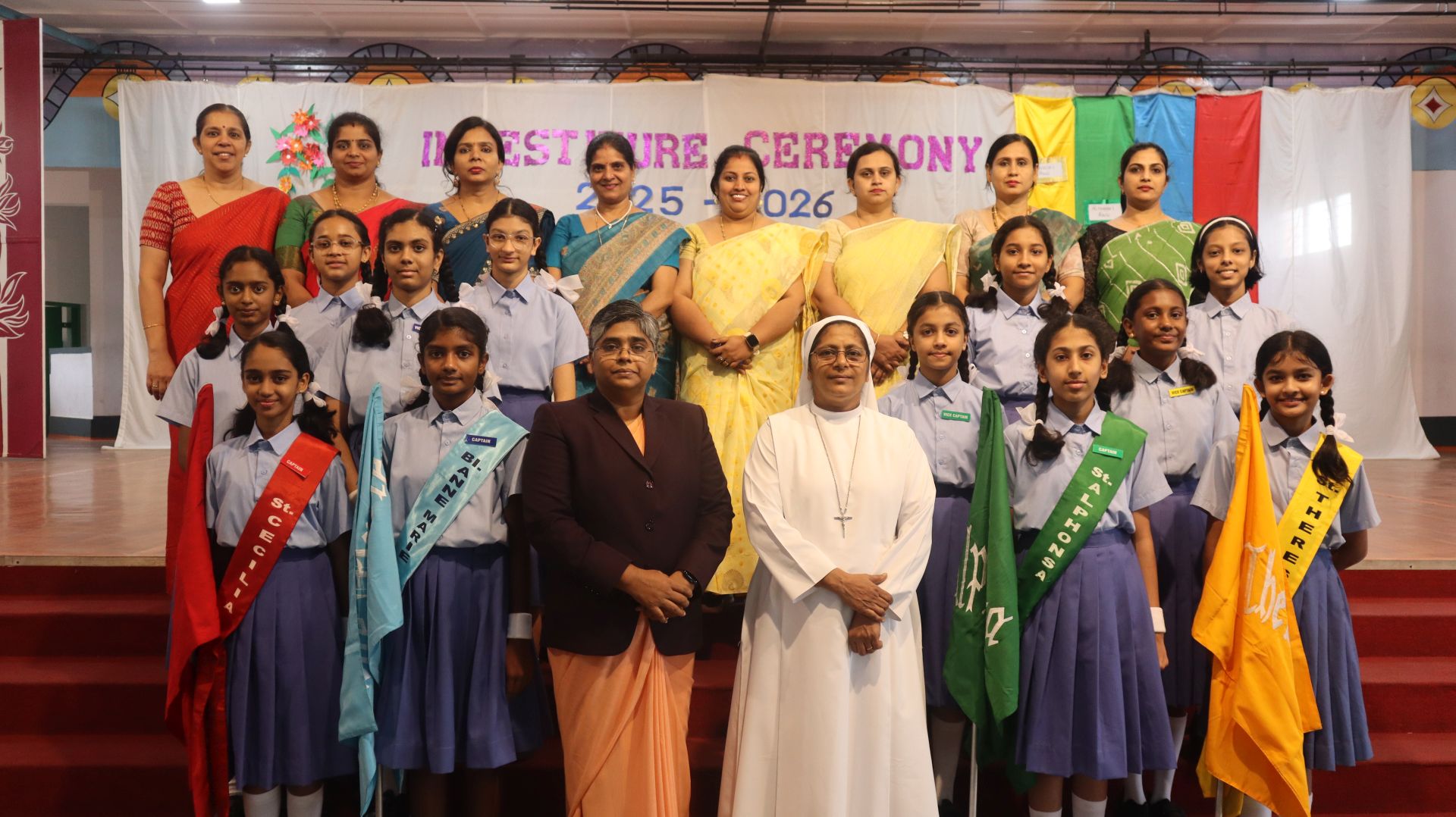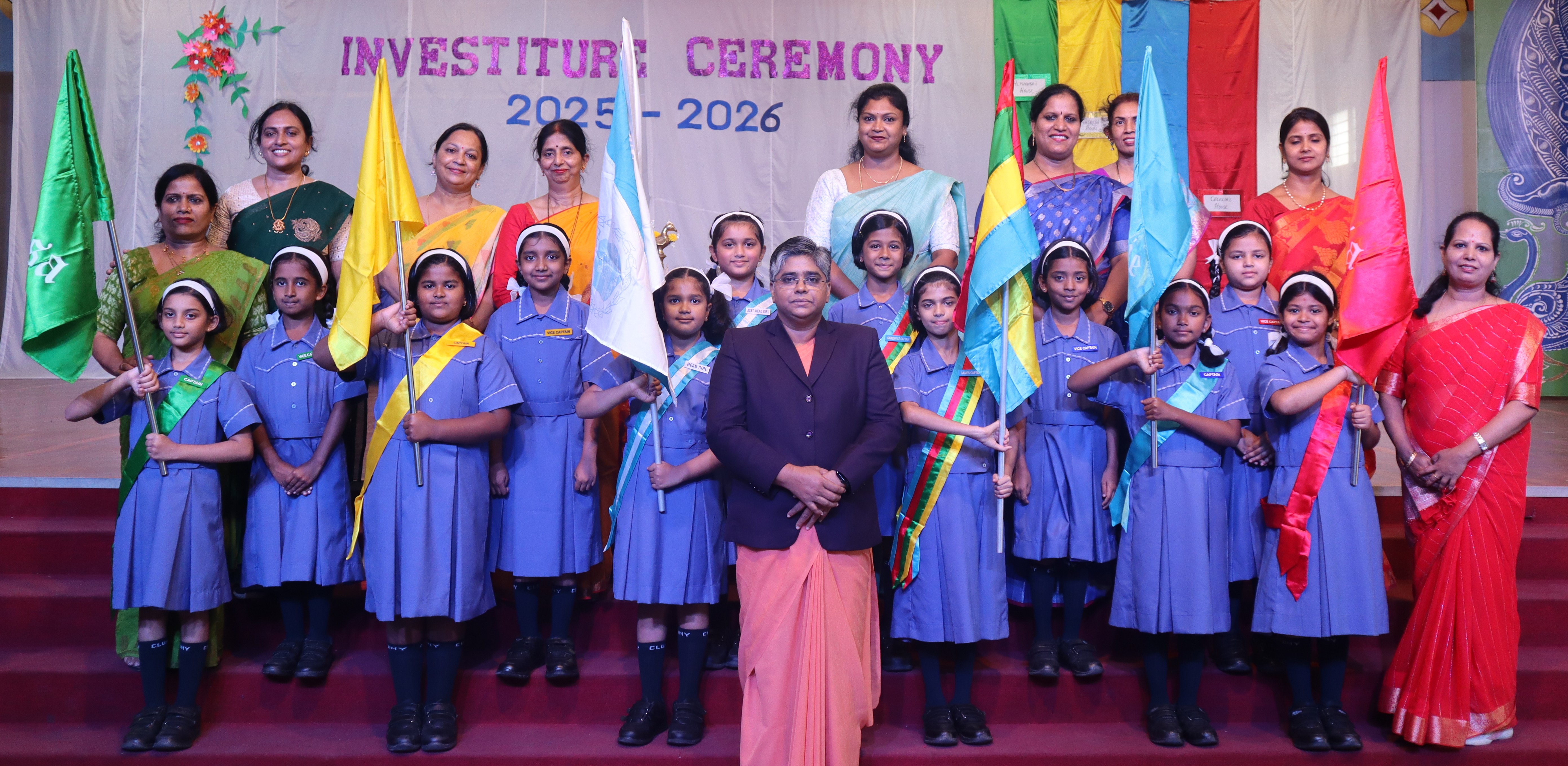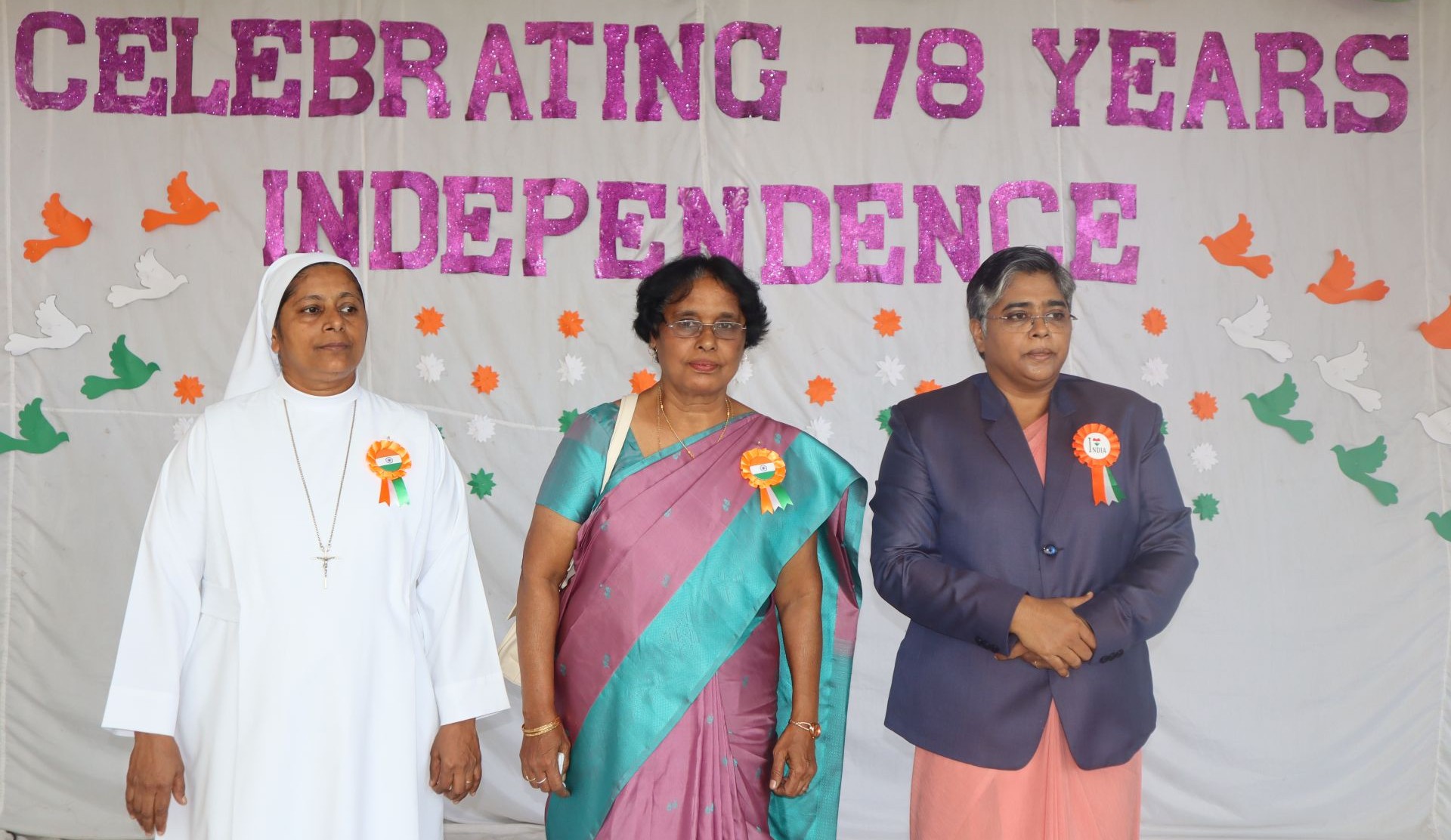






Blessed Anne Marie Javouhey, was the foundress of the Sisters of St. Joseph of Cluny. She was born in Burgundy, France on 10th November, 1779. Anne was affectionately called Nanette. This beautiful girl with sparkling eyes was the joy and pride of the whole village. When Anne was seven years old, the Javouhey family went to live in Chamblanc. Nanette was always filled with the love of God and received her first communion at the age of nine. She often gathered the village children to talk to them of God’s love.
In 1789, the French Revolution began. Churches and religious institutions were closed and many priests were behind bars. By the time Nanette was in her teens, the revolution had reached an alarming stage. But she took initiative to save the sacred vessels and vestments from the churches. Since the churches were closed, Nanette’s father built a prayer room for her in the garden. It was her joy to spend her leisure time in loving conversation with God.
In the days of the revolution there was no freedom of worship for Catholics. Nanette secretly prepared the children and adults for the first communion. On November 11th 1798, Nanette informed her parents about her decision to completely dedicate her life to God. That night, in the presence of her parents, friends and well-wishers, she totally offered herself to God and his people. This marked the beginning of a new society, the congregation of the Sisters of St. Joseph of Cluny. Her three younger sisters Marie Therese, Marie Francoise, and Claudine resolved to follow their elder sister.
Nanette learned about a congregation by name, Sisters of Charity of Besancon, and joined them to discover God’s will for her. There, Nanette realized that God is going to accomplish something great in her life. She established an orphanage first at Dole and then at Sonvans.
In April 1805, Nanette and her three sisters met Pope Pius the VII at Chalon. At the request of the Bishop of Autun, Nanette started her educational activities in Chalon. The official from the Autun municipality approached her with a request of starting a school in Autun. A seminary which was closed down during the revolution was offered to her. There was a chapel too in the name of St. Joseph. She chose St. Joseph as the patron of the new Congregation she founded. In December 1806, Nanette obtained official recognition for the congregation from emperor Napoleon. From then on Nanette was known as Sr. Anne Marie.
On 12th May 1807, Sr. Anne Marie, her three sisters and a few other young women pronounced their vows. Anne Marie was elected the Superior General of the Congregation. Mother Anne Marie founded many schools and hospitals in many parts of France. When more young girls joined the little society, Anne Marie bought a house in Cluny and named it Convent of St. Joseph of Cluny.
Anne Marie was then approached by the governor of Bourbon, a French colony, seeking a solution to the tension between the blacks and the white people. On January 10th 1817, four sisters set sail for Bourbon. Next, Anne Marie received an invitation to open a house in Senegal, West Africa. She took care of the children with great devotion and helped poor Africans. In 1824, Mother Javouhey returned to France. In Alencon, France, there were some violent, mental patients. They were so violent that nobody went near them. But Mother Anne Marie approached them with love and encouraged them.
Anne Marie sent her sisters to different parts of the world. In January 1827, Cluny sisters came to India. The first three Cluny sisters came to Pondicherry. They were followed three years later by Mother Rosalie Javouhey, Anne Marie's youngest sister. In accordance with the spirit of the foundress, they launched out into various fields.
Houses were also opened in Guadalupe, Guyana. Mother Javouhey took special interest in educating Negro youth. In Guyana, there were some lepers who were abandoned by all. Mother Anne Marie visited them regularly and cleaned their wounds and looked after them. After years of persevering efforts, Mother obtained Government permission to rehabilitate the lepers. Many sisters came forward to take care of the lepers. Mother Anne Marie also took great care to protect the slaves who were ill-treated by their masters.
After many years, Mother returned to her native place. After visiting all her convents, Mother Javouhey made Paris her dwelling place. King Louis Philip invited her to his palace to talk to her about the rehabilitation of emancipated slaves. Mother Anne Marie then returned to Guyana and she established a colony for emancipated slaves in Mana.
In 1843, Mother decided to return to France. The congregation began to spread far and wide. In 1848, war broke out in France. But everywhere Anne Marie was respected and loved by all. She cared for the sick and the wounded.
Mother Javouhey spent her life doing good. Mother Javouhey had a great spirit of forgiveness and she never hesitated to ask pardon from those who she happened to hurt.
On 15th July 1851, God called to himself Mother Javouhey, who witnessed to his love among the last, least and the lost. The Sisters of St. Joseph of Cluny continued the work begun by this noble soul, among the poor, sick, children and lepers. They continued to give testimony to a life lived only for God. Anne Marie continues to live through her sisters.
“HER LIGHT HAS NOT GONE OUT, SHE LIVES.”